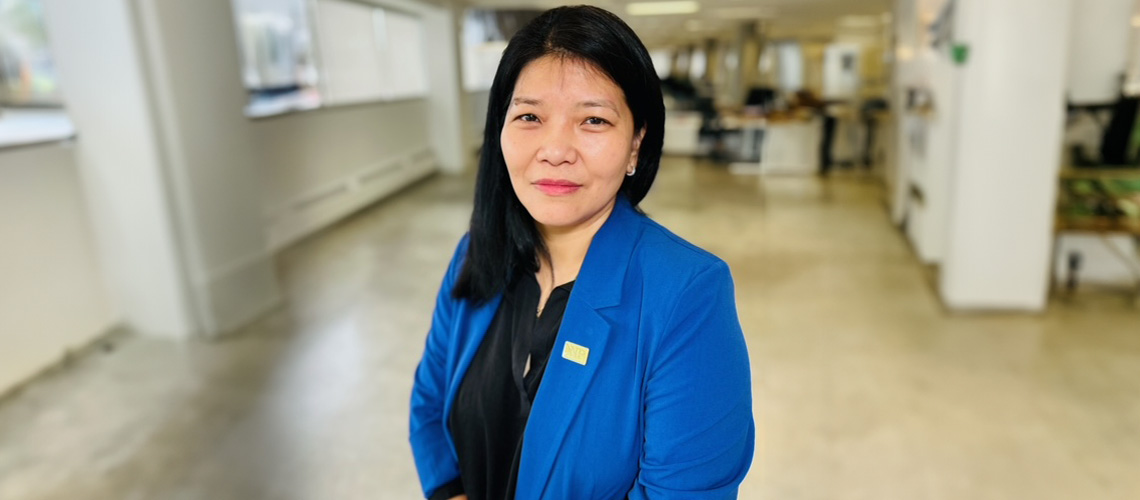
NP Lhamo Dolkar will become RNAO’s 58th president in June 2024. In this in-depth interview, she shares details of her nursing journey, what led her to run for the presidency, and her hopes and ambitions for the next two years.
Source
Raul Pinto, RNAO
As an RN and NP, Lhamo Dolkar has worked in group homes, long-term care, nursing homes, acute care, primary care and community health. She says her diverse experience in multiple sectors gives her the knowledge and confidence to represent nurses across the province as RNAO president. She feels she has a responsibility to be collaborative and balanced. Admitting she’s not a “conventional” president, Dolkar says her passion for quality health care and social justice is what she will draw on to inspire others as she takes on this leadership role.
RNJ ACCESS
You are only one quick step away from full access to all RNJ content.
Already an RNAO member? Log in
Keywords
Publish date
